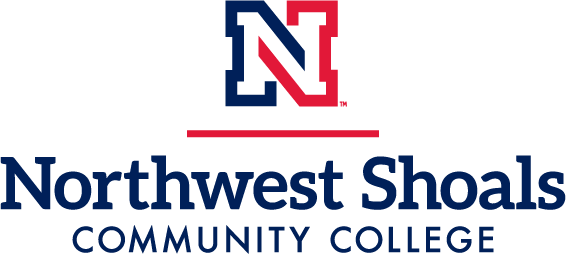Health Information Technology
Available: Phil Campbell and Shoals Campuses
Advisors: K. Sheppard (5331) kim.sheppard@nwscc.edu
B. Smith (5379) bsmith@nwscc.edu
S. Watson (6253) sberrian@nwscc.edu
The Health Information Technician (HIT) is a skilled professional who analyzes and evaluates highly sensitive data in health records. Skills of the health information technician are varied but include the following: supervising the release of health information, maintaining and utilizing information storage and retrieval systems, compiling various health statistics, editing transcribed clinical information, and supervising electronic health information management systems. Health information technicians may be employed by any facility that manages patient information, such as a hospital, clinic, physician office, insurance company, or medical research center.
Health Information Technicians are trained to also become medical coding specialists. The medical coding specialists perform detailed review of medical records to identify diagnoses and operative procedures. Numeric classification codes are assigned to each diagnosis and procedure, using automated or manual methods. Principle classification systems used include the International Classification of Diseases, Ninth Revision, Clinical Modification (ICD-9-CM), and Current Procedural Terminology (CPT).
See program webpage for program accreditation information. Each graduate of the HIT Program is eligible to take the national examination to become a Registered Health Information Technician (RHIT). Technicians trained in non-accredited programs or trained on the job are not eligible to take the examination.
Students have the opportunity to spend many hours in a clinical setting to practice skills obtained in the classroom. Students enrolled in professional practice experience (clinical) courses will be assigned hours consistent with day shift. Assignment to the professional practice experience facilities will be at the discretion of program officials, and students are required to travel to different locations for the “hands-on” training.
The Health Information Technology Program Offers three alternatives for a student’s completion of classes: (Note: Actual program completion time may vary).
1. One year, non-integrated program: A student who has completed all general education courses may complete the HIT program courses in three semesters of full-time study.
2. Two year, integrated program: A student may schedule general education courses while taking the health information technology courses. This alternative requires a minimum of 5 to 6 semesters to complete.
3. Online Program: A student may schedule HIT online courses in accordance with either the one year or two year completion option. The professional practice experience activities must be completed on dayshift at an approved health care facility, not online. HIT students who live within 50 miles of campus must attend a minimum number of on-campus class/lab meetings. Instructors may require online students to take make-up exams on campus. Instructors may also require online course exams to be proctored, according to college policy.
4. Part-time Program: The student may choose to complete the program by taking classes on a part-time basis. Program completion time will depend upon the number of classes taken each semester. The program must be completed within three years following entry into the program.
Students should indicate on the program application the option that they would like to choose to complete their degree.
General Courses to be Completed at Northwest Shoals Community College.
Entering students are required to complete ORI 107. Transfer students are exempt from this requirement.
Students must complete specialized courses at Wallace State to receive this degree. Wallace State enrolls students in this program competitively and only in certain terms. See your advisor.
WSCC Program Director: Donna Stanley 256.352.8327
